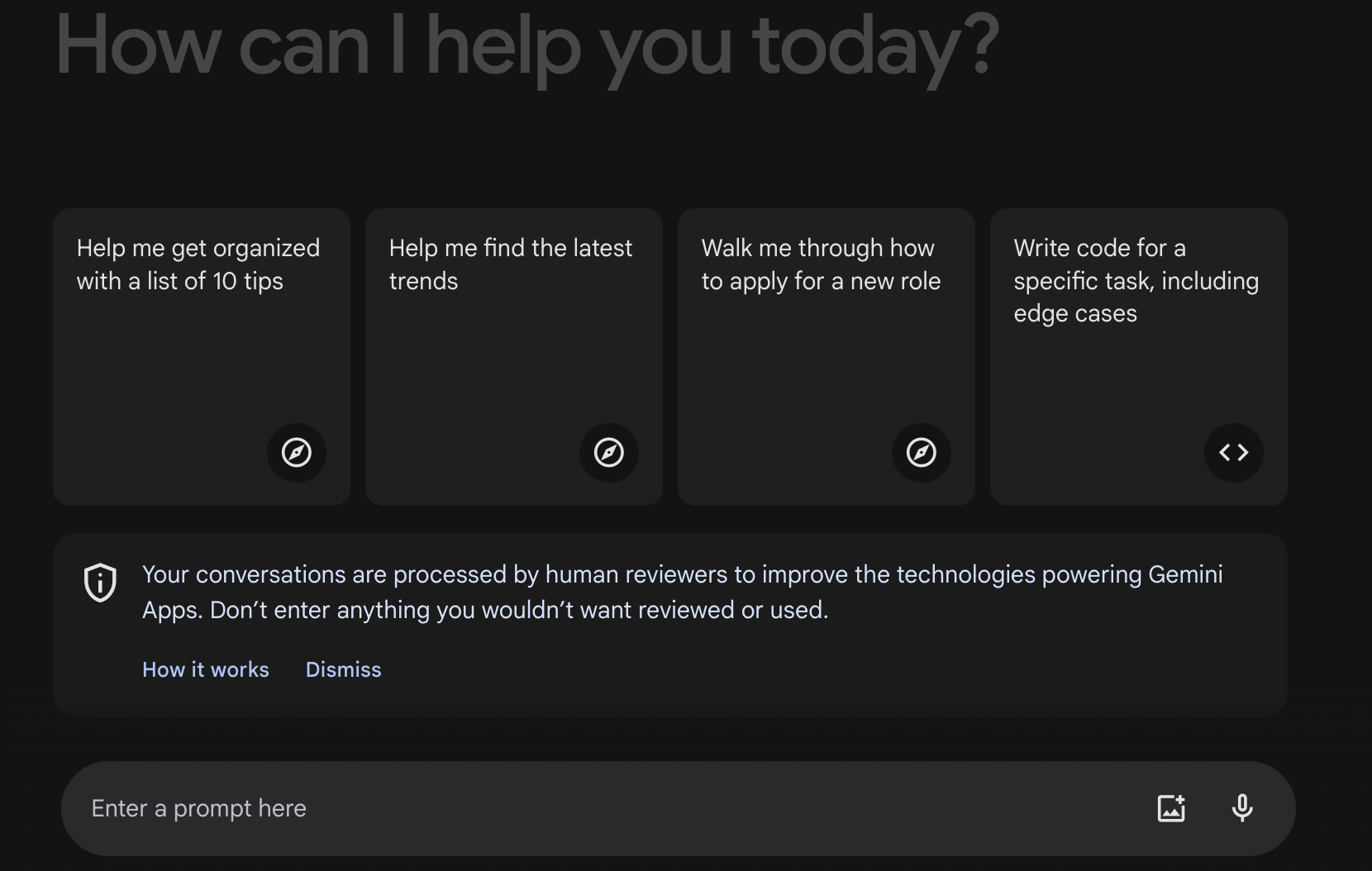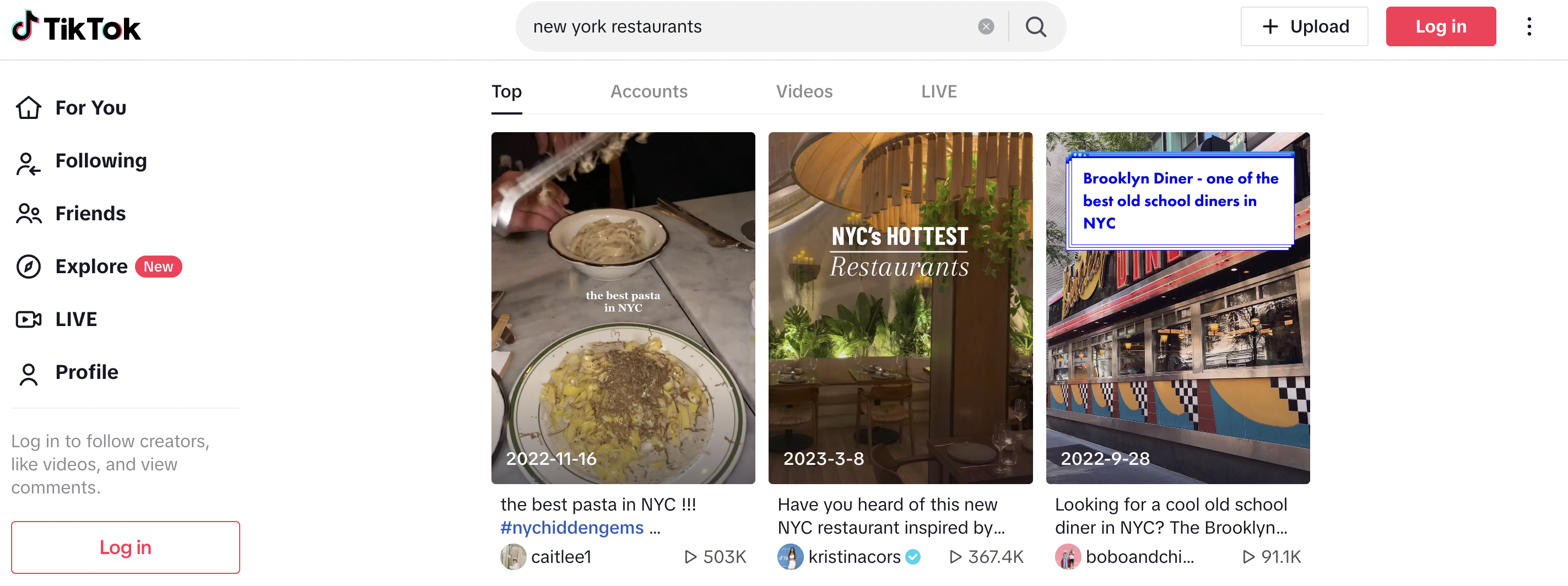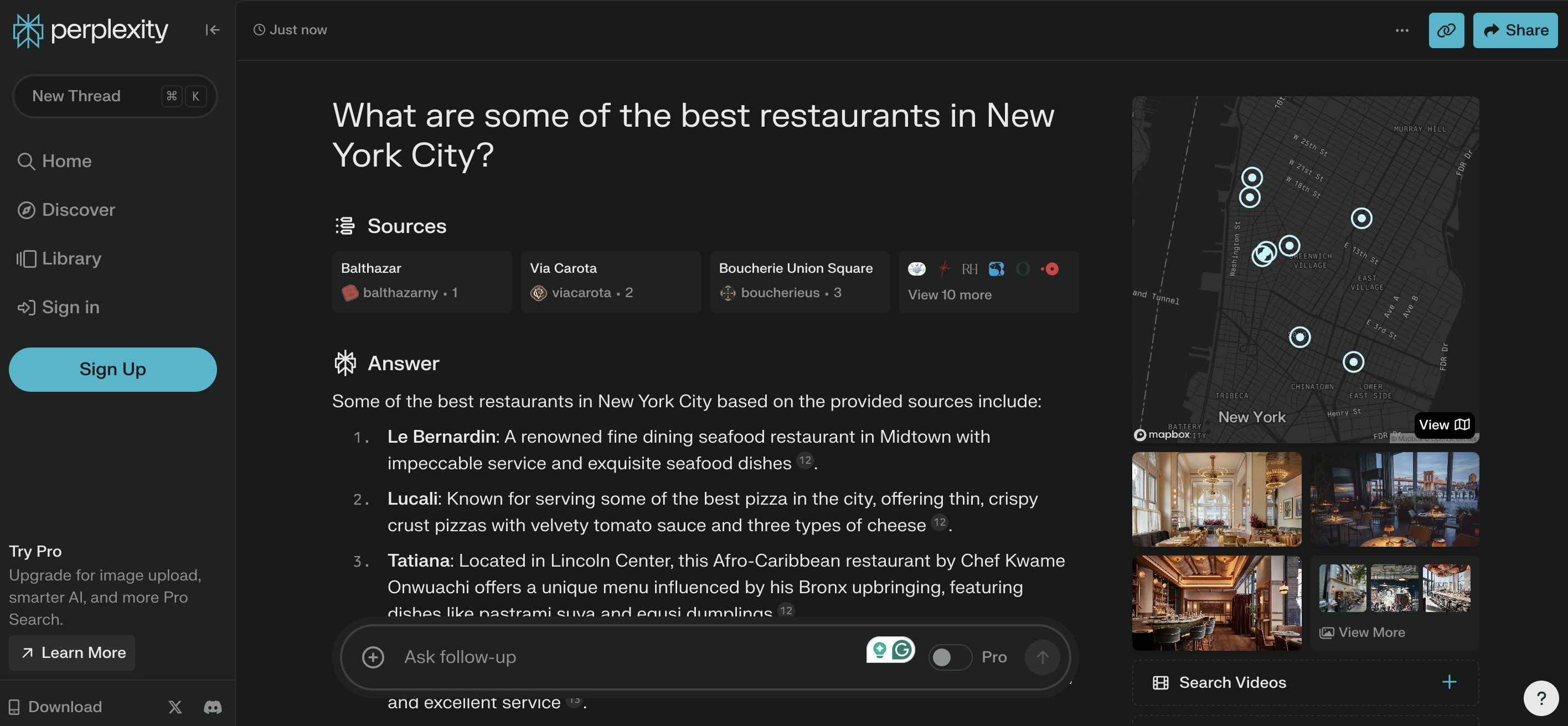Content Marketing
Does SEO Have a Future? Here’s How SEO Changes Could Play Out
Five years ago, it was unthinkable that Google—the company whose name has become a verb synonymous with internet queries—might lose its title as the reigning champ of search.
But Google’s dominance is increasingly on shaky ground. In the current Wild West of generative AI, new and impressive search platforms are emerging at breakneck speed. Some marketers are even asking the provocative question: Does SEO have a future at all?
In reality, that debate is probably premature. While SEO changes are imminent, today’s best practices won’t become obsolete overnight. What’s more, the shifting landscape is likely a good thing for marketers and users alike—more competition might well lead to new opportunities for brands to innovate, as well as improved user experiences.
Below are five (highly speculative!) scenarios envisioning how future SEO trends might play out, in no particular order of likelihood.
1. Google Successfully Integrates AI and Maintains GOAT Status
Plenty of industry observers have noted that Google—as a service, not necessarily as a company—has been in steady decline for years. The user experience has gotten progressively worse. Newer and more nimble organizations like OpenAI pose real challenges to the search giant, which has grown to such an immense scale that substantive change to its core products may be comparatively slow.
But Google still has a fighting chance to rise to the challenge. Recently, the company came out swinging, announcing sweeping changes that directly integrate Gemini, its proprietary AI model, into search. AI Overviews, the AI-generated synopsis at the top of search results pages, will soon roll out to all users in the U.S.—and will become more customizable. Google is also rolling out AI-organized results pages and AI-assisted video search, which will let users upload videos for additional context to their queries.

With these changes, it’s clear Google plans to use AI to better understand search intent, provide more conversational responses, and rank content based on factors like expertise, authority, and trustworthiness. Such a shift could make traditional SEO tactics less effective and require marketers to focus more on creating high-quality, AI-friendly content. It could also lead to a host of third-party tools that automatically optimize content for AI algorithms.
2. SEO Changes and the Market Expands as Visual and Voice Search Gains Momentum
This is less of a hypothetical and more of a current reality. Already, 64% of Gen Zers and 49% of Millennials use platforms like TikTok to search for everything from restaurant recommendations to news updates. In mid-May 2024, OpenAI announced its new search product, GPT-4o, which introduces new audio capabilities to facilitate real-time voice conversations with the chatbot.
As the Internet of Things (IoT) continues to expand and technologies like computer vision become more sophisticated, search functionalities might also become more heavily integrated with smart devices and environments.

In a world where visual and voice reign supreme, SEO marketers would need to optimize content for new search interfaces—using schema markup, image alt tags, and natural language more extensively. They might also need to adapt to algorithmically curated recommendation feeds, replacing traditional Search Engine Results Pages (SERPs).
3. Generative AI Leads to Fragmentation of the Market
We can’t talk about search today without discussing generative AI and the future of SEO. If chatbots like Anthropic’s Claude or apps like Perplexity become the primary way people search for information online, it could significantly loosen Google’s chokehold on the SEO market (assuming scenario one fails to materialize).
If conversational search platforms become the industry’s heavy hitters, old-school Google search will probably stick around in some way, shape, or form—some users, after all, will prefer the familiar interface. But others will embrace the new paradigm, asking chatbots questions in natural language and receiving direct, conversational answers in reply.
This would potentially make search more accessible and intuitive, but it might require marketers to focus on conversational content and longtail keywords. Marketing teams might also need to ensure their content is structured so that AI can easily parse and retrieve it in response to user queries.

Another hypothetical is that different AI chatbots specializing in different areas might emerge—for things like local recommendations, product reviews, or niche topics. In this case, marketers would need to optimize for multiple chatbots and understand the nuances of each.
4. Conversational Search Usurps Google Altogether
If droves of users abandon Google’s search engine in favor of other, more natively conversational platforms, SEO as we know it could go the way of the Dodo. In this case, a few things to anticipate might include:
A shifting role of websites for advertisers and brands
With AI providing direct answers, users may not need to visit some websites as often. This could potentially cause dips in web traffic. In this case, brands would need to get creative with interactive tools and immersive experiences.
One possible adaptation for marketers might be to focus more on creating engaging, shareable content that encourages users to visit websites or promises enticing incentives. Examples could include interactive quizzes, loyalty rewards, exclusive gated content, or social media challenges that drive traffic to landing pages.
New and changing advertising paradigms
If users aren’t clicking through to websites as often, the click-based advertising model that Google and other search engines rely on today could become less effective. If this happens, marketers would need to find new ways to advertise, such as sponsored content within AI responses or paying for prominent placement.

This is a bit difficult to envision right now, as most of the popular AI search tools haven’t yet integrated advertising—most rely on subscription models or selling their APIs to enterprises versus traditional ad revenue. It remains to be seen if ads on conversational search are an inevitability or if alternative monetization models will prevail.
The increased importance of brand authority
AI chatbots might prioritize information from trusted, authoritative sources to ensure accuracy. As such, building brand authority through thought leadership, earned media, and user engagement could become even more important. Brands might need to double down on strategies like securing backlinks from high-authority sites, gaining mentions in trusted media outlets, and building an engaged community on social media.
Need for new SEO skills
If traditional SEO tactics become less effective, marketers might need to develop new capabilities around conversational content, AI optimization, and brand building. In addition to skills like keyword research and technical optimization, SEO professionals could develop expertise in areas like content strategy, user experience design, and data analysis to stay ahead of the curve.
5. Regulations Upend Search Across the Board
There’s also the role of regulation to consider. As AI becomes more prevalent in search and concerns around privacy, data usage, and content ownership mount, there’s potential for new regulations to impact SEO practices. For example, stricter data privacy laws could limit the ability to personalize content, while intellectual property regulations could affect how AI-generated content is used and ranked. Already, Google is making major changes to the way it tracks users—and, consequently, to the way marketers use its data.
What’s more, the world is still waiting to see how the ongoing antitrust lawsuit against Google in the U.S. will conclude—another factor that could lead to quick and explosive fragmentation of the search market.
It’s all still very TBD if new legislation (or an outcome of a lawsuit) will lead to other contenders in the search space gaining a competitive advantage. Key players could include privacy-focused search engine like DuckDuckGo, specialized vertical search engines for specific industries, long-time competitors like Microsoft Bing, or any number of other search services that have yet to materialize.
Does SEO have a future? Balancing current realities with future hypotheticals
So, what is the future of SEO given all these changes? The TL;DR is that nobody knows for sure, and a lot is still up in the air. But while marketers need to prepare for potential disruptions tomorrow, the reality is that Google still dominates search today. Abandoning proven SEO practices in anticipation of an AI takeover is premature.
Instead, the best approach is likely a balanced one: Continue optimizing for Google’s SEO algorithm changes while simultaneously experimenting with conversational formats, building brand authority, diversifying traffic sources, and developing the skills and strategies to succeed in an AI-first world.
Ask The Content Strategist: FAQs About SEO Changes Happening Now
How quickly are SEO changes likely to happen, and what will be key milestones or tipping points to watch for?
It’s tough to put a precise timeline on the whole “does SEO have a future” question, but we’re likely to see significant shifts over the next two to five years. Some key things to watch for include major improvements in AI language models, a big player like Microsoft making a splash in the search market, landmark regulatory decisions, and changes in user behavior as younger generations rely more heavily on voice search and AI assistants.
Beyond generative AI and conversational search, what other emerging technologies could impact the future of SEO?
Visual search is getting way better, so optimizing images and videos could become more important. Augmented reality and virtual reality (AR/VR) might also change how users discover and interact with content. And blockchain technology could potentially shake up how people think about content ownership, authorship, and credibility—all of which could impact SEO.
What are the risks and rewards of being an early adopter of AI-driven SEO strategies versus taking a “wait and see” approach?
Being an early adopter comes with both risk and reward potential. On one hand, you could get ahead of the curve and establish yourself as a leader in the AI-SEO space before your competitors catch on. The downside is you might invest a lot of time and resources into strategies that don’t pan out if the technology develops in an unexpected way. The “wait and see” approach is safer, but you risk missing out on opportunities and playing catch-up later. As with most things, a balanced approach is probably most prudent: Experiment with AI-driven SEO, but don’t go all-in on unproven tactics.
Stay on top of SEO changes and content strategy best practices by subscribing to The Content Strategist.
Image byGoodStudio
Get better at your job right now.
Read our monthly newsletter to master content marketing. It’s made for marketers, creators, and everyone in between.




